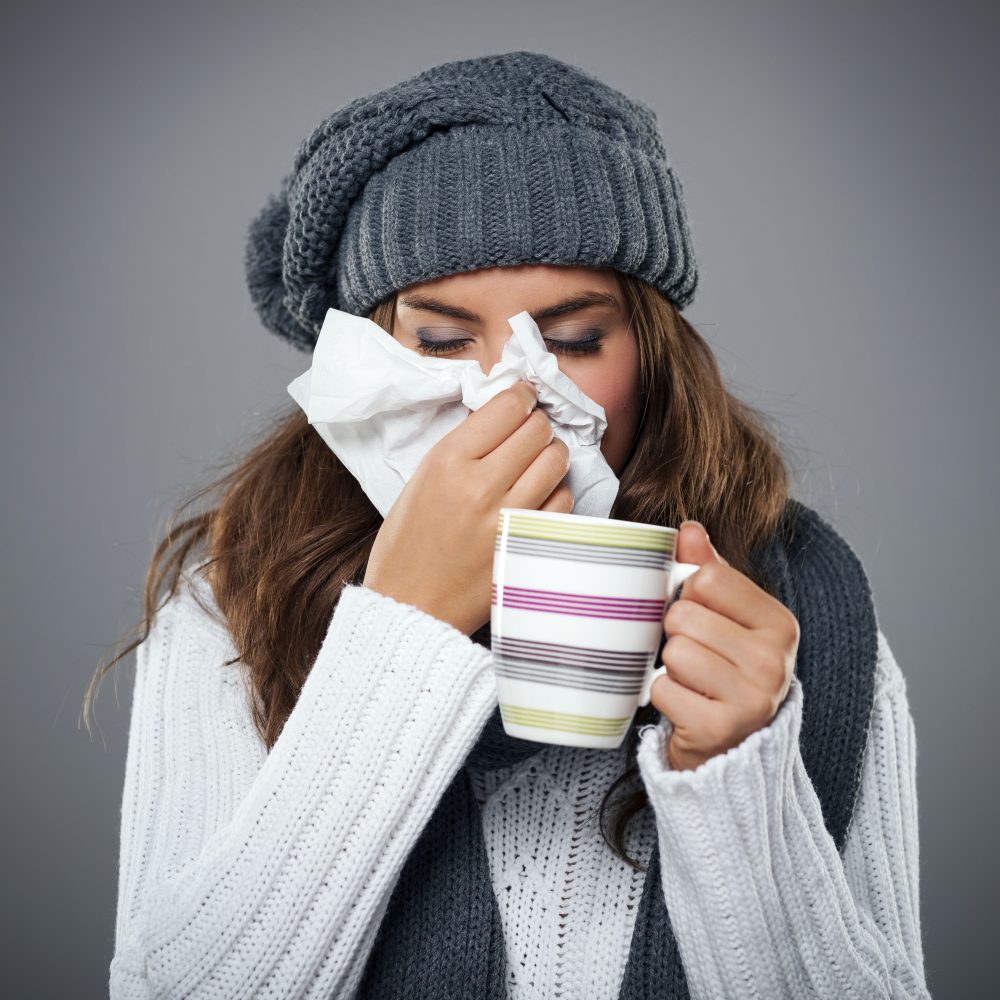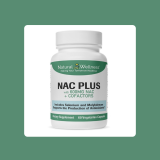

Originally published January 25, 2017
Revised December 5, 2024
Without fail, the transformation of warm summer breezes into chilly, biting winds means that flu season is underway. Informally called the flu, influenza is a viral infection of the respiratory tract that can lead to severe or life-threatening secondary infections.
People engage in all sorts of activities to avoid coming down with the flu, from getting vaccines to wearing masks. However, research has also found that supplementing with N-Acetyl Cysteine (NAC) can be a simple and effective strategy for defending against influenza.
Important Flu Facts
Influenza is a costly and sometimes fatal disease. The U.S. Centers for Disease Control and Prevention (CDC) estimates that Americans face between 9 and 41 million cases of the flu each year — contributing to as many as 51,000 deaths annually. (1)
Even though Western medicine has concocted several medications to lessen the flu’s impact, their effectiveness is typically limited. The flu shot is a good example as it is only 40% to 60% effective at preventing influenza, and it can fail when the season’s viral strains aren’t accurately predicted. (2)
Unwanted antiviral medication side effects like nausea, vomiting, and diarrhea can also make drugs used to lessen flu symptoms less than desirable. (3) Thus, many people turn toward natural immune system builders to increase their body’s protection against the flu, one of which is NAC.
What Is NAC?
NAC is an amino acid and a powerful antioxidant that, when supplemented, is transformed into glutathione. Glutathione is an antioxidant that helps neutralize free radicals and detoxifies harmful substances in your body. (4)
When taken orally, glutathione isn’t easily absorbed by the gastrointestinal tract. (5) Taking an NAC supplement is one way around this. And this can be especially helpful for those with liver concerns because a compromised liver has difficulty producing glutathione on its own. (6)
Aside from its importance to your liver and immune system, NAC is also a mucolytic – meaning that it breaks down lung-clogging mucous in respiratory disorders. NAC’s mucolytic properties are credited to its abundance of free sulfhydryl groups. (7) These groups break down the disulfide bonds of mucous, a process that thins the mucous out.
Uses for NAC
Research indicates that NAC is a safe, potent antioxidant that is typically well-tolerated. (8) It adds that the use of NAC can be beneficial for a variety of health conditions, some of which include:
- Liver diseases
- Kidney diseases
- Lung diseases
- Gastrointestinal disorders
- Cancer
- Cardiovascular diseases
Other researchers have found that NAC also exhibits a significant ability to reduce the likelihood of experiencing symptoms of the flu.
NAC Flu Research

A 2021 review of NAC’s clinical usefulness talks about one such study involving 262 patients. (9) In this trial, each subject received either 600 mg of NAC or a placebo (a sham treatment) during six winter months. Of subjects who contracted the flu virus, 79% of the placebo group experienced symptoms compared to just 25% of the group receiving an NAC supplement.
Individuals in the NAC group also had a significantly lower number of influenza illnesses, had less severe symptoms, and recovered more quickly than those receiving the sham or fake treatments.
Other research suggests that taking 600 mg of NAC per day may also be beneficial for preventing and/or treating the SARS-CoV-2 virus, better known as COVID-19. (10) This is important since people continue to test positive for this virus each week, some of whom are unable to survive its effects. (11)
NAC Supplementation
If you’re interested in taking an NAC supplement, Natural Wellness offers NAC Plus. Each capsule contains 600 mg of N-Acetyl Cysteine, also supplying selenium and molybdenum — cofactors that support antioxidant protection and liver detoxification.
Don’t let the flu get you down this year. Take action to protect your health so you can feel good all winter long!




